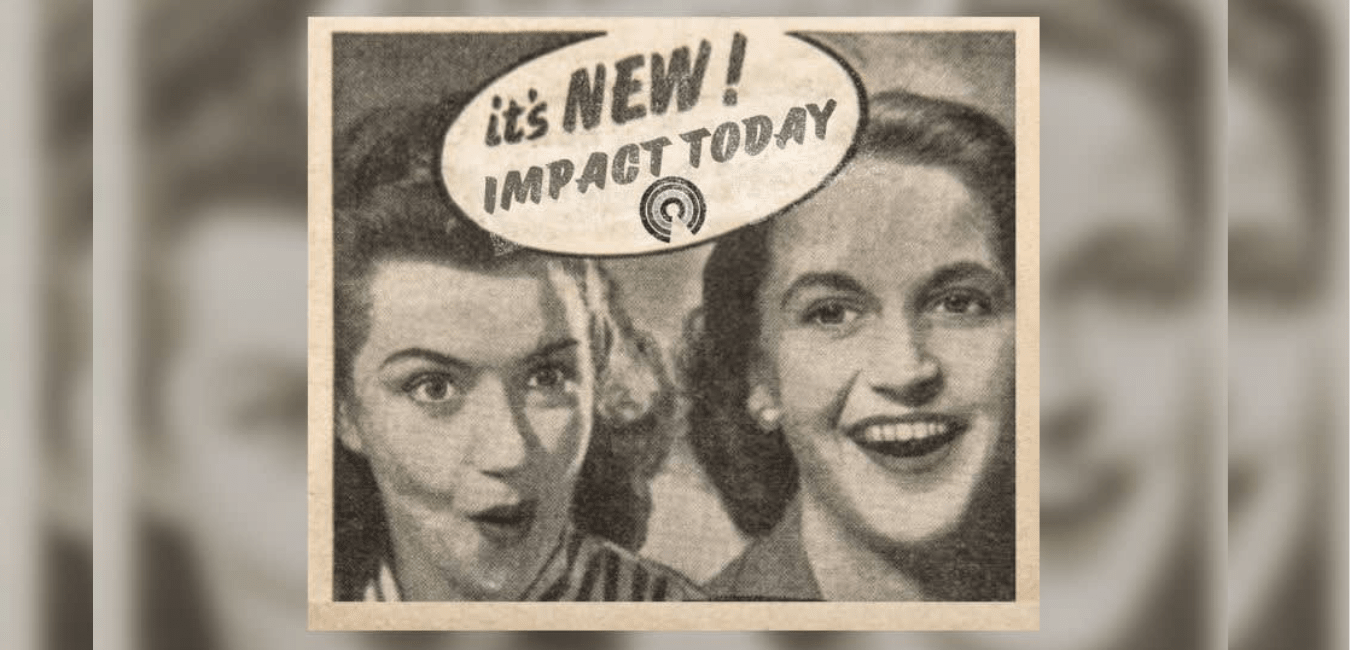
Should Consumer Reporting Agencies Include Information About Ongoing Disputes in Affected Consumers’ Credit Reports? (S. 1729)
Do you support or oppose this bill?
What is S. 1729?
(Updated November 5, 2019)
This bill — the FIX Act — would modify consumer reporting agencies’ processes for when a consumer disputes the completeness or accuracy of information in their credit report. Specifically, it would require credit reporting agencies to forward any documents a consumer provides as evidence in their dispute to parties seeking that consumer’s credit score. For example, if a credit report were to erroneously show that a consumer had an outstanding balance on a credit card that was closed, the consumer would be able to include the credit card company’s letter stating that the account is closed and paid in full in their credit report.
Additionally, a consumer reporting agency operating as a reseller would be required to convey the notice of the dispute, together with all relevant information and documentation provided by the consumer, to each consumer reporting agency that provided it with the information that is the subject of the dispute.
This bill’s full title is the FIX Credit Reporting Errors Act.
Argument in favor
Current mechanisms for correcting inaccuracies in consumers’ credit reports are inadequate, slow, and difficult for consumers to navigate. They can impact consumers’ ability to receive credit and the terms of credit they receive. Credit reporting agencies should be required to include dispute information in consumers’ reports to ensure consumers affected by this problem aren’t harmed by it while their disputes are being resolved.
Argument opposed
Consumers with errors on their credit reports already have mechanisms for reporting these errors and having them resolved, so there’s already a route for resolving credit report errors. Additionally, only 5% of errors on consumer credit reports affect consumers’ ability to receive credit or the terms of credit that they’re offered — so the magnitude of this problem is quite small.
Impact
Consumers; consumer credit reports; errors on consumer credit reports; dispute resolution for errors on consumer credit reports; and consumer reporting agencies.
Cost of S. 1729
A CBO cost estimate is unavailable.
Additional Info
In-Depth: Sen. Amy Klobuchar (D-MN) reintroduced this bill from the 115th Congress to help consumers take proactive steps to correct errors on their credit reports:
"A small mistake on a credit report can have devastating consequences—from higher interest rates to being denied a mortgage, inaccurate credit reports can be incredibly damaging. Our bipartisan legislation will give consumers the tools they need to correct errors on their credit reports so that they can continue their lives and protect their financial futures.”
Original cosponsor Sen. Steve Daines (R-MT) adds:
“A simple error on a credit report can lead to unwarranted trouble for Montana families trying to obtain a mortgage or a loan. We need common sense solutions to streamline the dispute resolution process when an error is made to ensure Montanans have access to affordable credit.”
Writing for CNBC, Aaron Klein, a fellow of Economic Studies and policy director of the Center on Regulations and Markets at the Brookings Institute, argues that three solutions would improve credit reports’ accuracy: 1) changing the liability structure for inaccurate data to impose penalties on chronic misreporters of information; 2) making free credit reports available to all consumers on an annual basis; and 3) using big data and financial technology to lower barriers to entry and increase competition in the credit reporting industry.
This legislation has one cosponsor, Sen. Steve Daines (R-MT), in the 116th Congress. Last Congress, Sen. Klobuchar introduced this bill with Sen. Daines’ support (and no other cosponsors) and it didn’t receive a committee vote.
Of Note: The Federal Trade Commission (FTC) reports that over 25% of consumers’ credit reports contain major errors. That works out to millions of affected consumers left to deal with errors that can lead to affected consumers to receiving less favorable loan terms or even outright denials of credit.
Resolving erroneous credit reports can be time-consuming, and many consumers are forced to live with inaccurate information on their credit reports as they go through the dispute process. Additionally, credit reporting agencies have been criticized for performing lackluster investigations in these cases and providing little additional documentation to parties seeking a consumer’s credit score.
A December 2012 FTC report examining credit reports’ accuracy found that, in many cases, changes to consumers’ credit reports made in response to disputes didn’t have any effect on their credit scores. In the FTC’s study, only 13% of consumers saw a change in their credit scores after resolving their disputes; the other 87% of consumers saw no change in their scores after their disputes were resolved. Additionally, the study found that only 5% of consumers in the study had errors that could affect the likelihood of receiving credit or the credit terms offered to them on their credit reports.
Media:
-
Sponsoring Sen. Amy Klobuchar (D-MN) Press Release
-
FTC Report (Context)
-
CNBC (Context)
Summary by Lorelei Yang
(Photo Credit: iStockphoto.com / SpiffyJ)
The Latest
-
 IT: Trump's 2016 'deny, deny, deny' campaign strategy, and... How can you help the civilians of Ukraine?Welcome to Wednesday, May 8th, weekenders... As Trump's hush money trial enters it's third week, the 2016 campaign strategy of read more...
IT: Trump's 2016 'deny, deny, deny' campaign strategy, and... How can you help the civilians of Ukraine?Welcome to Wednesday, May 8th, weekenders... As Trump's hush money trial enters it's third week, the 2016 campaign strategy of read more... -
 How To Help Civilians in UkraineHeavy shelling and fighting have caused widespread death, destruction of homes and businesses, and severely damaged read more... Public Safety
How To Help Civilians in UkraineHeavy shelling and fighting have caused widespread death, destruction of homes and businesses, and severely damaged read more... Public Safety -
 The Latest: Israel Evacuates Rafah, Palestinian Place of RefugeUpdated May 6, 2024, 12:00 p.m. EST The Israeli military is telling residents of Gaza who have sought shelter in Rafah to read more... Israel
The Latest: Israel Evacuates Rafah, Palestinian Place of RefugeUpdated May 6, 2024, 12:00 p.m. EST The Israeli military is telling residents of Gaza who have sought shelter in Rafah to read more... Israel -
 Trump Hush Money Trial Enters Third Week, Strategy to ‘Deny, Deny, Deny’Updated May 6, 2024, 11:00 a.m. EST The criminal trial to determine whether Trump is guilty of falsifying records to cover up a read more... Law Enforcement
Trump Hush Money Trial Enters Third Week, Strategy to ‘Deny, Deny, Deny’Updated May 6, 2024, 11:00 a.m. EST The criminal trial to determine whether Trump is guilty of falsifying records to cover up a read more... Law Enforcement
 Climate & Consumption
Climate & Consumption
 Health & Hunger
Health & Hunger
 Politics & Policy
Politics & Policy
 Safety & Security
Safety & Security
